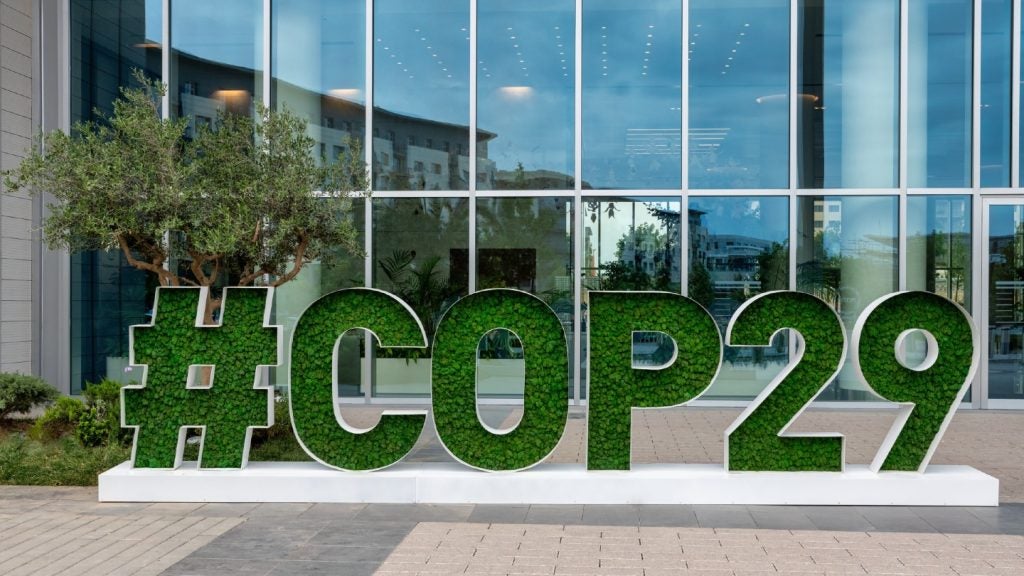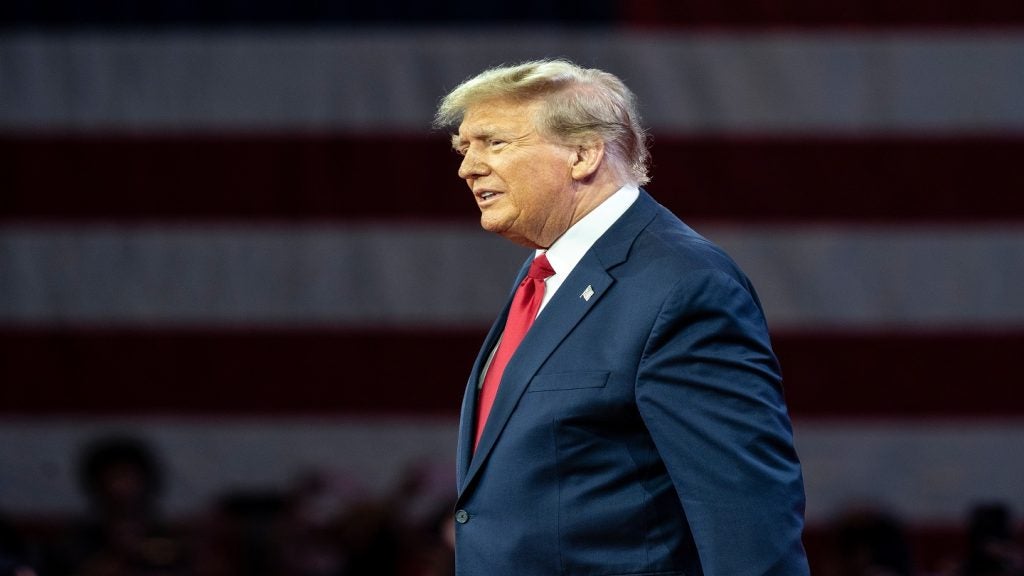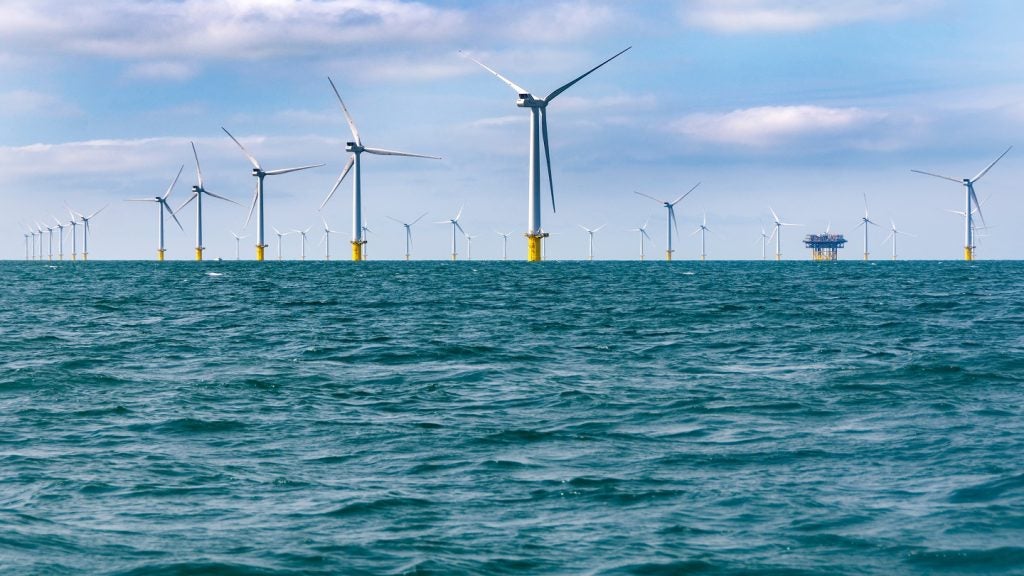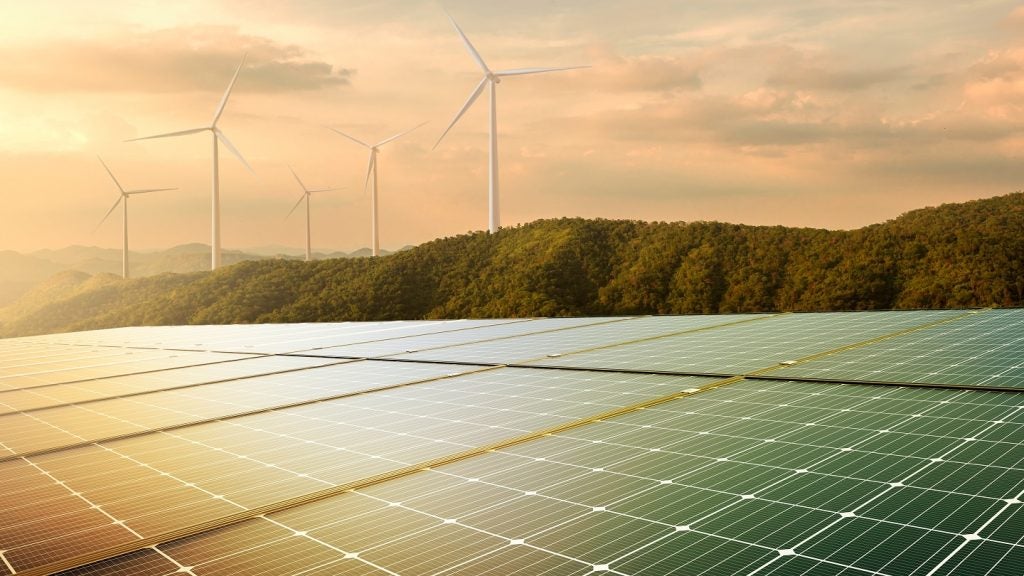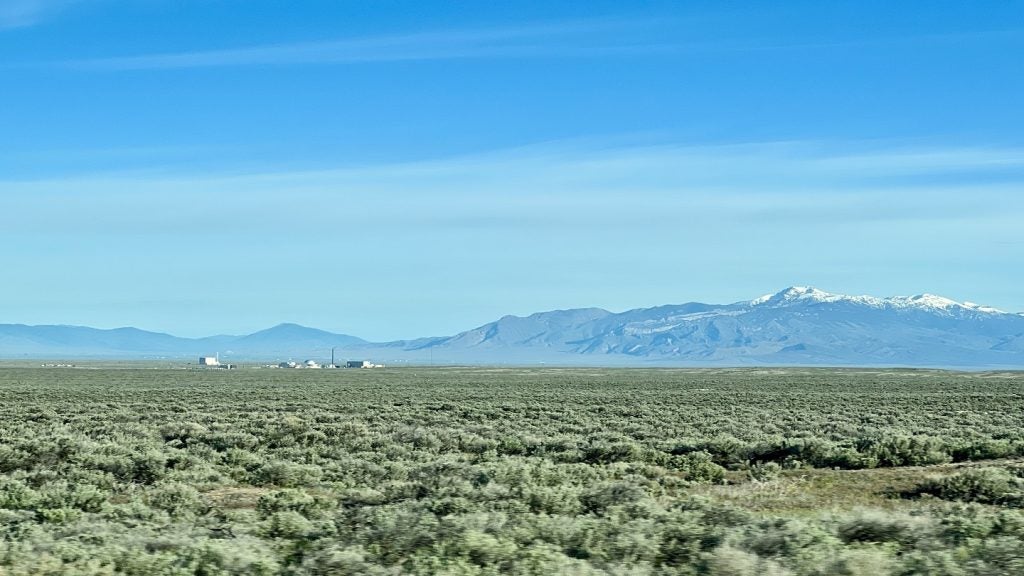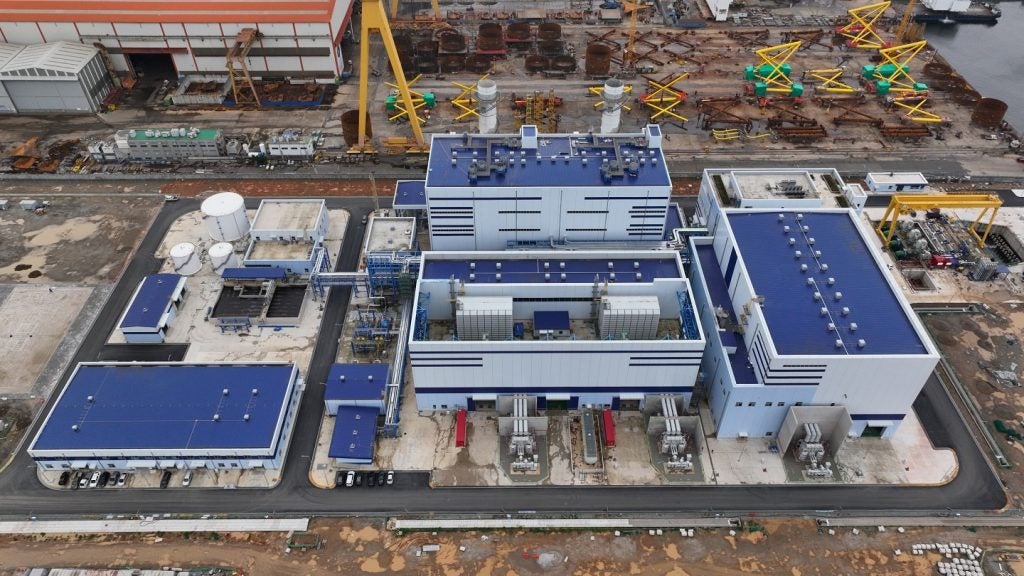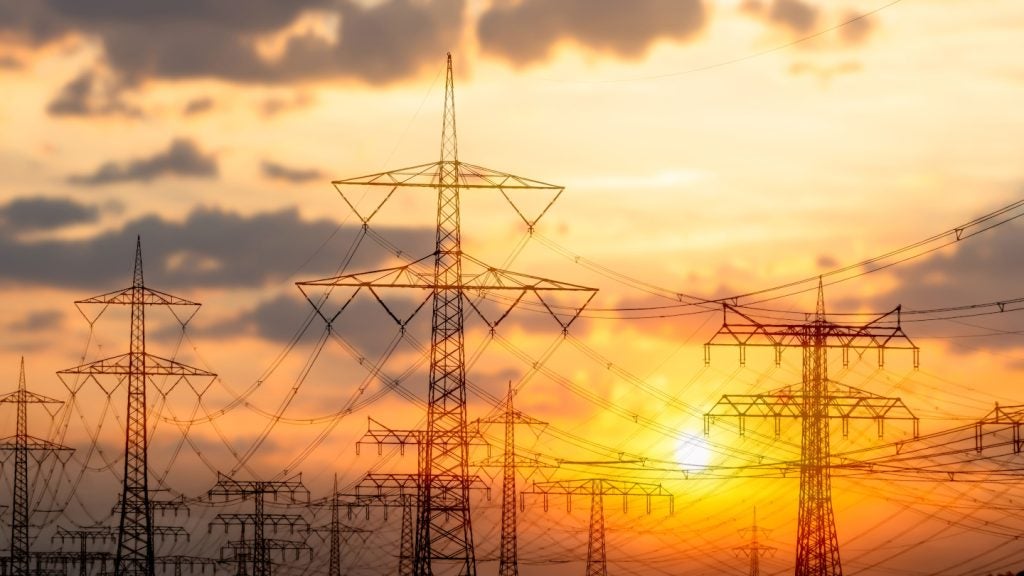The 29th Conference of the Parties to the UN Framework Convention on Climate Change (COP29) takes place on 11-22 November in Baku, Azerbaijan and will have several implications for the mining sector.
It is seen as a COP that will ‘mark time’ with hints of what countries will pledge next year, when parties to the Paris Agreement must submit new nationally determined contributions (NDCs).
Those pledges have to be submitted before COP30, which will be in Brazil next year. Climate Action Tracker says delegates to the upcoming COP will hope to see enhanced NDCs from the host (as well as from previous and upcoming hosts the United Arab Emirates and Brazil).
They can also anticipate “positive noises” from big emitters – the US, the EU and China – about early new pledges for 2025.
Finance in focus at COP29
COP29 is not expected to deliver on a tagline to ‘consign coal to history’, dating back to COP26 in Glasgow in 2021. But coal and other extractive industries will attract interest.
During COP28 last year, ten new countries joined the Powering Past Coal Alliance: Cyprus, the Czech Republic, the Dominican Republic, Iceland, Kosovo, Malta, Morocco, Norway, the UAE and the US.
This grouping of countries who have pledged to position their coal sectors with a Paris-aligned pathway (such as exiting coal by 2030 for OECD countries and by 2040 for non-OECD countries) has now reached 60 members, although India and China, the largest emitters, have so far declined to join.
The UK’s Carbon Trust agrees that Baku will have a “smaller, more focused set of negotiations” than Brazil. It set out three opportunities for COP29’s “slimmed-down, technical affair”: an ambitious new climate finance target; clearer architecture for trading international carbon credits; and increased commitment to national climate targets.
On finance, the Paris Agreement requires parties to agree a New Collective Quantified Goal (NCQG) setting out how much finance will be provided to support climate mitigation and adaptation activities.
The Carbon Trust said: “It is already clear that negotiations are likely to be complicated by the issue of clarifying who exactly will give and receive climate finance”, but clearly mining interests will face extra cost.
The Azerbaijani Presidency is launching its own initiative to help scale private finance alongside the NCQG: the Climate Finance Action Fund (CFAF). CFAF will be capitalised with contributions from fossil fuel producing countries and companies across oil, gas and coal, to provide grants and other funding for developing countries responding to the impacts of climate change.
Azerbaijan will be a founding contributor and it plans for members to commit to transfer annual contributions as a fixed-sum or based on volume of production.
The Carbon Trust gave the initiative only partial support, saying: “While the CFAF could be an important route to mobilising private finance, it could also be a way for fossil fuel producers to claim they are contributing to addressing climate change while continuing to expand their operations.”
Away from coal and to transition metals
Negotiations at COP29 will take place against a background where coal use has not shrunk – the International Energy Agency (IEA) said in March, that peak use had been delayed from 2023 to 2024 – and in the knowledge that the costs of transitioning out of coal will not fall equally.
According to figures from GlobalData, Power Technology’s parent company, global coal consumption is anticipated to grow by 1.5% in 2024 to reach 8,347.8 million tonnes, primarily due to strong demand from China and India, which together account for two-thirds of total global coal consumption.
In the special report in its World Energy Outlook series, ’Accelerating Just Transitions for the Coal Sector’, the IEA notes that ‘Announced Pledges’ from its members would reduce global employment in the coal industry from 7.8 million people worldwide today to 5.6 million in 2030, half of them from a fall in coal production.
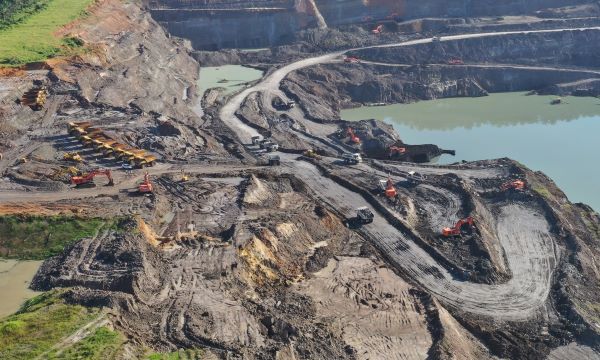
The report adds: “Coal mining is usually highly regionalised within a country, so the impact of phasing out the use of coal both domestically and, in the case of exports, internationally will be much greater in mining communities.”
It cites Indonesia’s Kalimantan province which has just 6% of Indonesia’s population, but around 90% of its coal production. It also highlights the importance of coal in regional economies, where workers spend their earnings, saying: “The task of transition policies in these regions is not only to cushion the impact of the decline in mining on jobs, but also to support economic development broadly for coal miners and non-coal workers alike”.
The history of the coal mining industry and the need for a “just transition” as it shrinks, has brought into sharp focus the need to expand the extraction of metals needed for the energy transition.
COP29 and a just transition
In September, the UN Secretary-General’s Panel on Critical Energy Transition Minerals published ‘Resourcing the Energy Transition: Principles to Guide Critical Energy Transition Minerals Towards Equity and Justice’.
It says that for countries that have critical energy transition mineral resources – copper, cobalt, nickel, lithium, graphite, rare earth elements, aluminium, silicon, cadmium, tellurium and selenium – the opportunity is significant, but that “the urgency of the energy transition cannot justify irresponsible practices in mining, processing, smelting, refining trade and recycling of minerals”.
One of its “actionable recommendations” was a global traceability, transparency and accountability framework along the entire mineral value chain – from mining to recycling – “to strengthen due diligence, facilitate corporate accountability and build a global market for critical energy transition minerals”.
Alongside these traceability mechanisms it proposed harmonised performance standards, with independent third-party audits.
International Council on Mining and Metals (ICMM) chief executive Rohitesh Dhawan summarises how that issue will come under the spotlight at COP29.

He tells Power Technology's sister publication Mining Technology: “Mining is ‘ground zero’ for many of the debates happening in and around COP29.” This includes those ranging from financing to climate resiliency.
“Financing the energy transition means financing mining as the source of essential minerals for renewable energy technologies,” says Dhawan.
“Ensuring a just transition means supporting responsible mining companies to make the social and environmental investments necessary to ensure that communities thrive during and post-mining.”
“Adapting to climate impacts means working with mining companies [that] often provide the power, water and transport infrastructure in local communities that enable those populations to be climate resilient.”
He continues: “In all these respects, there is one major live development that will be of special interest to COP29 participants: the consolidation of mining standards.”
A public consultation is underway until 16 December on a draft consolidated global standard for responsible mining which brings together four of the most widely used standards: ICMM, Copper Mark, World Gold Council, and Mining Association of Canada.
This will be the first of two consultations run by ICMM on this topic.
“Engaging with and supporting this process is the best way for COP29 participants to support the development of responsible mining as a critical enabler of the energy transition,” says Dhawan.
At COP29 ICMM is convening sessions at the Standards Pavilion and engaging with a number of key stakeholders there.


